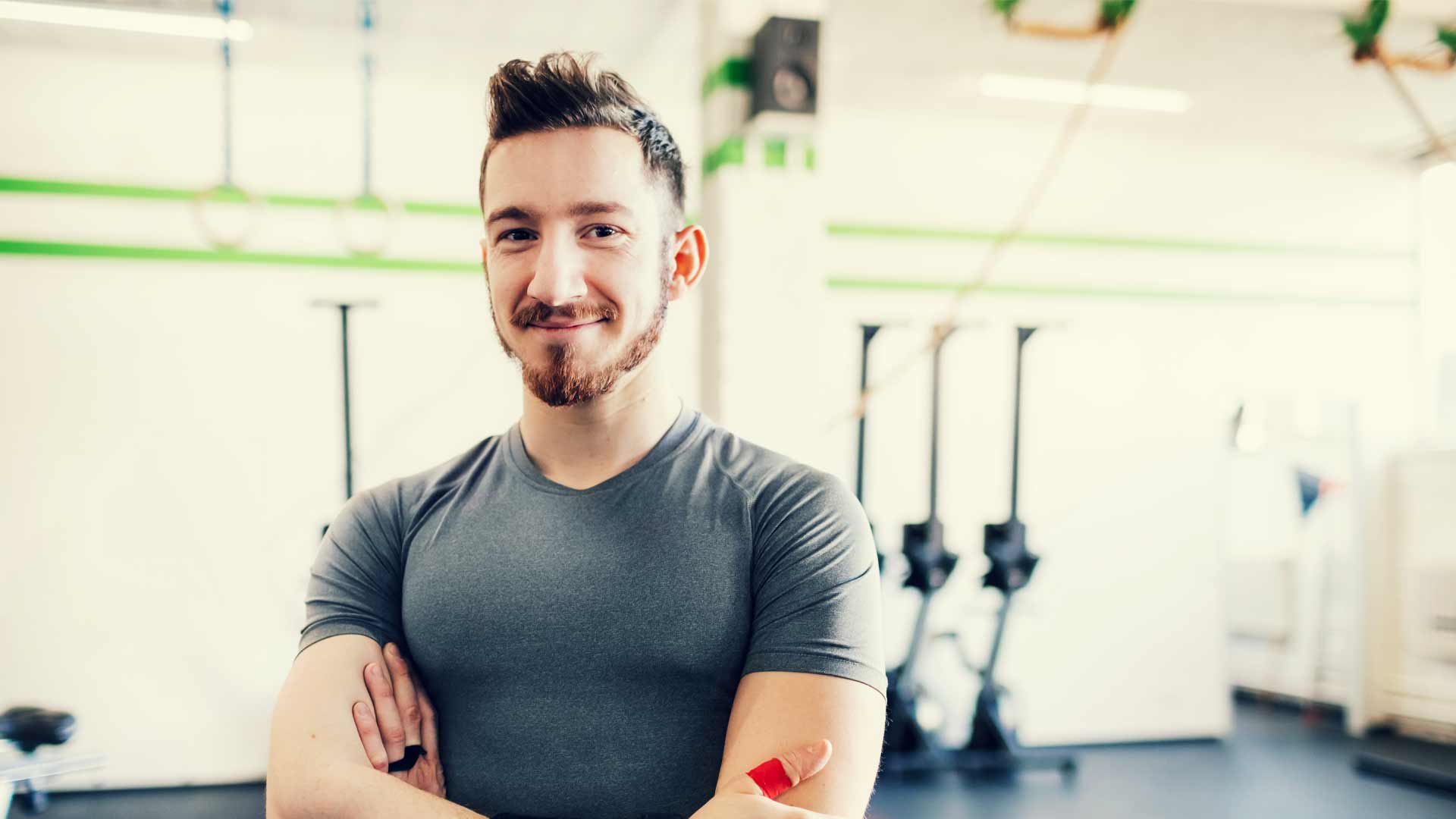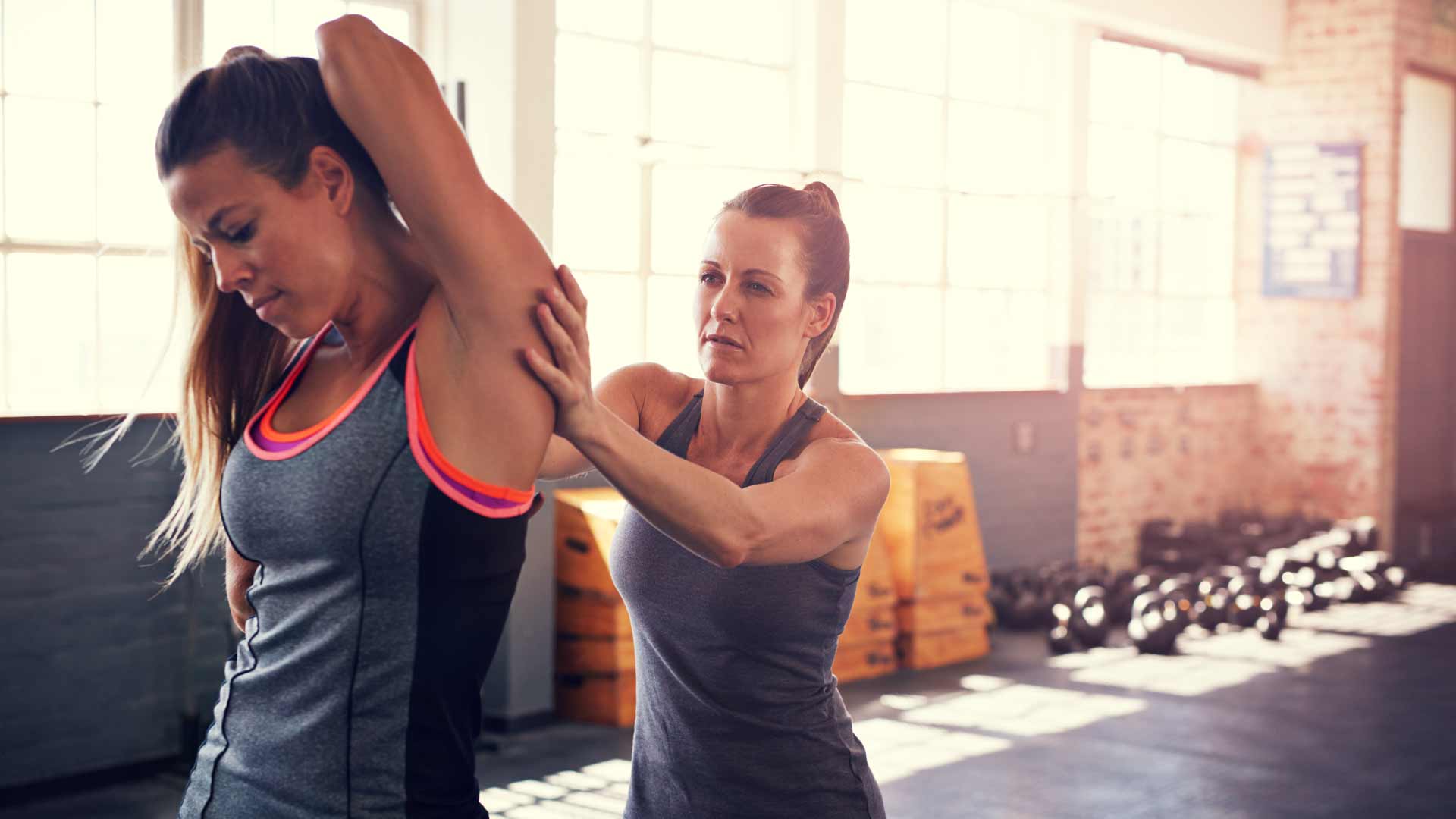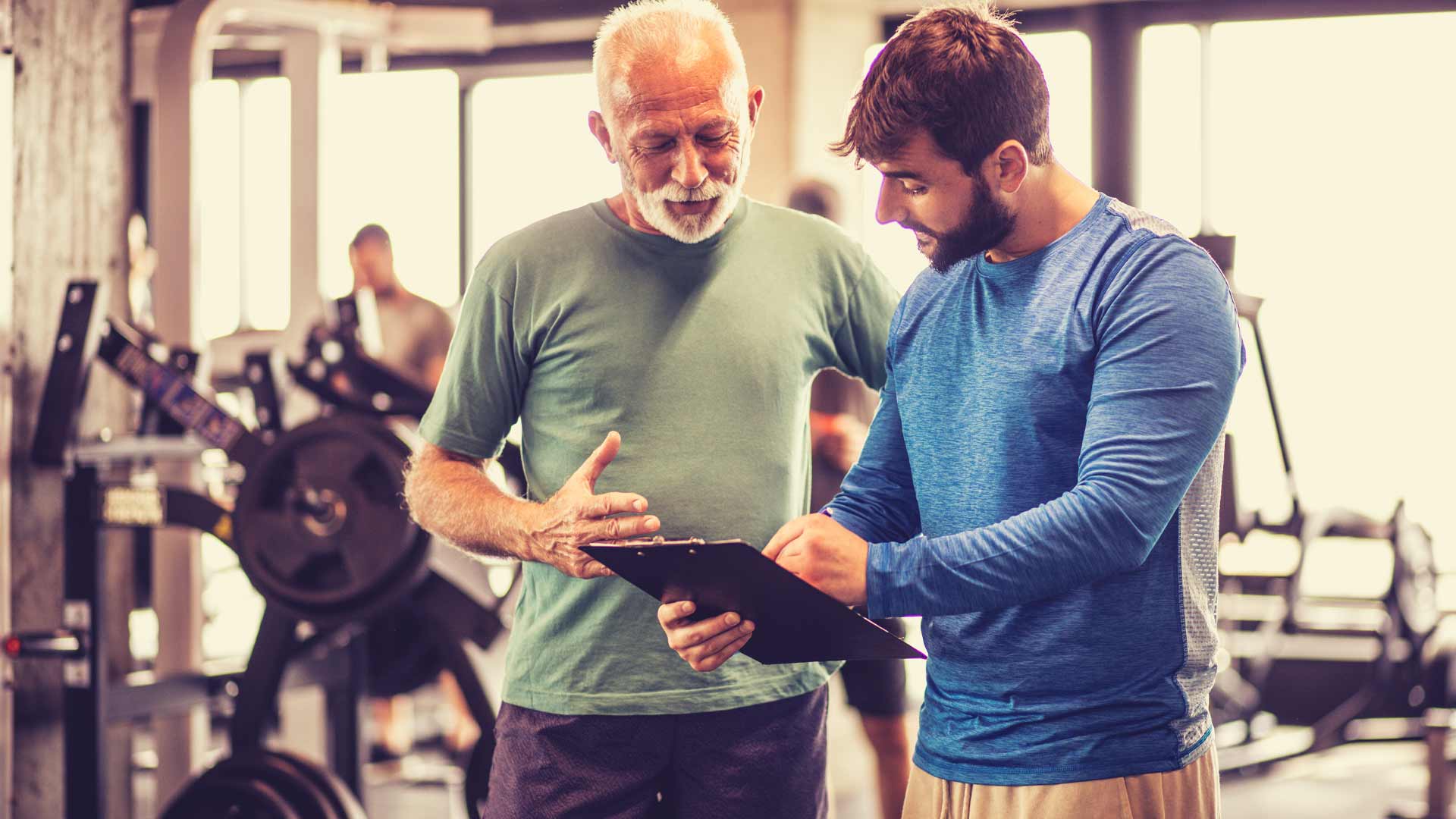Careers advice
What skills are needed to be a personal trainer in NZ?
Let’s get your job application in shape.
What you’ll learn:
- What a personal trainer does in NZ
- The skills you’ll need to work as a personal trainer in NZ
- What qualifications do you need to work as a personal trainer in NZ?
- What school subjects will help you become a personal trainer in NZ?
- The salary expectations for personal trainers in NZ?
If fitness is your thing, it doesn’t get a whole lot better than being paid to do your hobby! And, given that us Kiwis are such a sports-mad bunch, there’s usually no shortage of demand for personal trainers in New Zealand.
But if you want to land a job as a personal trainer, you’ll need to bring a whole lot more to the table than a good 10km time – this is a mutli-faceted career that will test you in many different ways. So what skills are needed to be a personal trainer? Let’s take a look.
What does a personal trainer do in NZ?
Personal trainers typically help their clients to improve their fitness or reach specific physical goals. This could be training for an event or competition or simply getting back in shape after some time away from exercise.
It’s important not to confuse the role of a personal trainer with that of a physiotherapist. Physios are typically more involved in helping people with injuries, illnesses or disabilities through movement and exercise, while personal trainers are more focussed on the general benefits of muscle building or fitness.
As a personal trainer, you’ll likely find yourself doing many or all of the following:
- Designing exercise programs for your clients.
- Assessing your clients’ health.
- Demonstrating safe exercise and fitness techniques.
- Giving advice on nutrition.
- Discussing goals with clients and helping them reach those goals.
- Marketing your services to potential clients.
- Making bookings and keeping accounts.
The key job skills you’ll need as a personal trainer
1. Technical knowledge
If you’re going to effectively train your clients and help them reach their individual fitness goals, you’ll need to understand how the human body works, and be able to apply that knowledge to each individual who comes to see you.
You’ll also need a working knowledge of all the equipment available in the gym space you use, as well as the health and safety protocols in operation. On that note, you’ll also need a health and safety certificate – hopefully you’ll never need to put this knowledge into practice, but gyms are potentially dangerous places, and you need to be prepared.
Finally for this point, you’ll also need almost inexhaustible energy. Your last client of the day will expect the same commitment and drive as your first, so you’ll need to keep those energy levels high.
You'll need to be tailor your programmes to individual clients.
2. Nutrition knowledge
You’ll probably find your clients coming to you for advice on what they should be eating to complement the work you’re putting in in the gym.
As well as the basics, you’ll need to be up-to-date on the latest research on nutritional health. However, it’s also important to understand the position of responsibility this puts you in. You can't just recommend the latest fad diet without fully understanding the research behind it – eating is such an important part of health, you need to be confident that what you’re recommending is right for the person seeking help.
3. Emotional intelligence
People come to personal trainers for all sorts of reasons. Some of your clients might simply be looking for a leg up with their fitness goals, some may be trying to recover from injuries or illnesses that have been holding them back and impacting their mental health. Others may also be facing serious body confidence issues, which will require understanding and ultimate professionalism.
Another reason why it’s so important that personal trainers master emotional intelligence is that you’ll need to motivate people on a daily basis. Let’s face it, we’ve all had days where we’re not feeling like pushing ourselves as hard as we could, but, as a personal trainer, it’s your job to snap them out of that mindset and get them back on track. Crucially, not everyone responds to the same types of pep talk, so you’ll need to tailor your approach based on the individual client.
4. Expectation management
In some ways, this is the opposite to a lack of motivation. Some clients will be so amped up to start working towards their fitness goals that they’ll want to see results immediately. As a personal trainer, you’ll know this isn’t the way it works, and it means you’ll need to set expectations from the start.
A big part of this is understanding your client’s individual goals, and communicating a clear timeframe for achieving them. A good tactic here is to set a number of smaller goals along the way to the overall objective so that your customer still feels a sense of achievement while they’re working through your program.
You'll need to understand your clients' goals while also managing their expectations.
5. Business and marketing skills
Many personal trainers work on an arrangement with a gym or workout space in which they’re responsible for bringing in their own clients, and then some of their takings go to the gym.
While this isn’t the only way to work as a personal trainer, if you do go down this route, you’ll need to know how to bring in new clients, retain those that you already have, and also be able to deal with the finances. When it comes to the marketing side of things, a lot of this today will be done through social media, so being savvy with tech will certainly help you here.
6. Time management
Given that you’ll be training multiple people a day, time management is another useful skill to include on a personal trainer’s CV. It’s very common for fitness conscious professionals to visit their personal trainer before work, or even on their lunch break – so they won’t thank you if you’re not running to schedule.
What qualifications do you need to become a personal trainer in NZ?
There are no mandatory qualifications that you need in order to work as a personal trainer in New Zealand. That said, it’s common for employers in this industry to have a preference for candidates who either already have or are working towards certificates.
Around New Zealand, there are several universities, polytechnics and specialist training facilities that can help you attain relevant qualifications. In addition, some employers that advertise through Trade Me Jobs have schemes where they will train you as you work for them.
Once you’re working, most employers will require that you join the Register of Exercise Professionals (REPs). This is an industry body that helps ensure that its members meet certain professional standards.
What school subjects will help you become a personal trainer in NZ?
As before, there are no required subjects that you need to study at school in order to become a personal trainer in New Zealand. However, it’s definitely useful to have studied subjects like physical education, health education or biology to at least NCEA Level 2.
What are the salary expectations for personal trainers in NZ?
Other articles you might like



